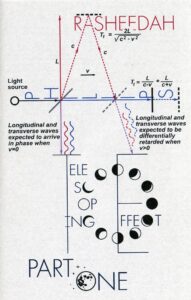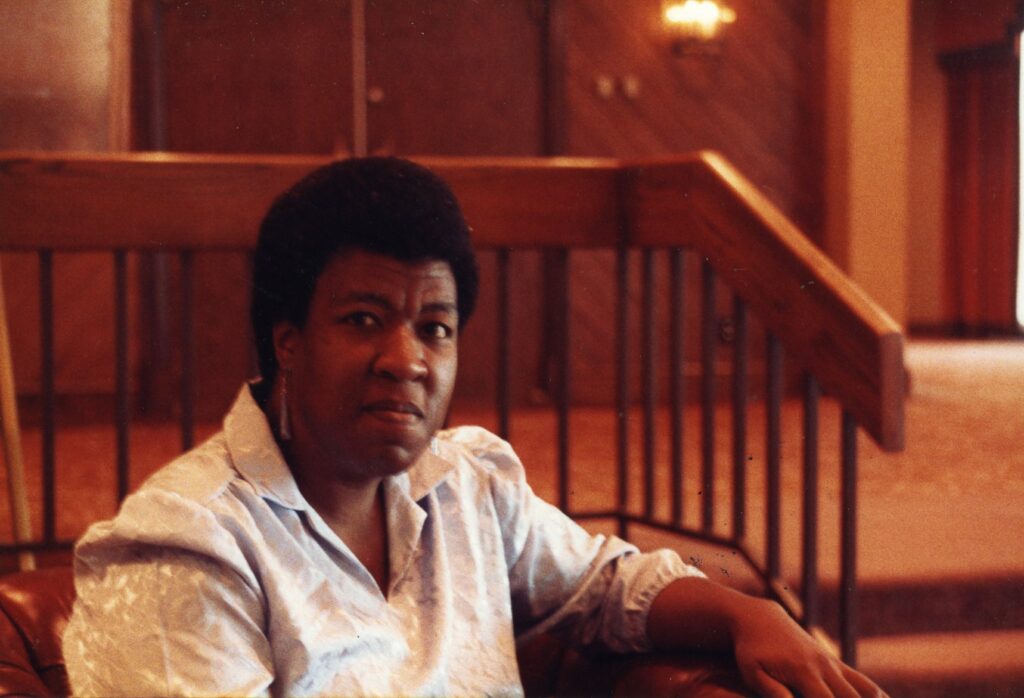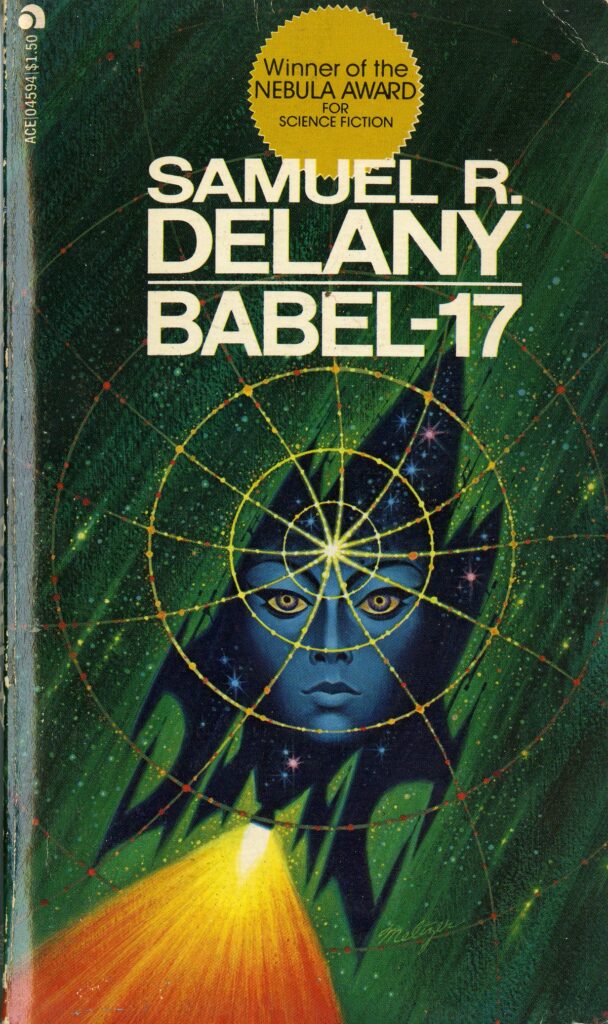
Writing in a largely white-dominated space, Black science fiction authors have been creating fantastical stories since the earliest days of the genre. From space opera to alternative history to time travel to imagined utopias, their stories critique social structures, explore issues of oppression, and imagine futures and alternate realities for Black people throughout the world—and beyond. A pop-up exhibit in the Special Collection Research Center‘s reading room for the month of February 2023 highlights several Black science fiction authors using materials from the SCRC’s collections, including the Paskow Science Fiction Collection.
Martin Delany (1812-1885)
Martin Delany was an abolitionist, author, journalist, physician, Civil War soldier, and one of the most important African American political leaders of his time. Delany’s Blake; or The Huts of America: A Tale of the Mississippi Valley, the Southern United States, and Cuba, is considered to be the first work of science fiction written by an African American author. The story, an alternate history and utopian speculative fiction narrative, was published in multiple parts between 1859 and 1862. The novel as it is now known is unfinished, since the final parts were supposedly published in the May 1862 issue of the Weekly Anglo-African, and no known copies of that issue exist. Harvard University Press published a book version of the story in 2017.
The exhibit features Delaney’s Official Report of the Niger Valley Exploring Party. In 1859, Delany led an African American exploring party to the Niger Valley, seeking a possible location for a new Black nation of African Americans.
Frances Ellen Watkins Harper (1825-1911)
Frances Harper was one of the leading Black woman poets of the 19th century, as well as an abolitionist, suffragist, speaker, and teacher. Her 1892 novel Iola Leroy was another early African American utopian speculative story.
The exhibit includes a copy of Harper’s Poems on Miscellaneous Subjects.
Samuel R. Delany (1942- )
Samuel Delany is a science fiction writer, memoirist, and literary critic. His work has won multiple Hugo and Nebula awards. Delany has taught literature and creative writing at multiple universities, including at Temple University from 2001 to 2015.

Octavia E. Butler (1947-2006)
Octavia Butler was one of the most important science fiction authors of the twentieth century. She won both the Hugo and Nebula awards multiple times, and she was the first science fiction writer to win the MacArthur Fellowship “Genius Grant.”
The exhibit includes photographs of Octavia Butler at the Inconjunction convention, Indianapolis, Indiana, July 1988, her first published story, “Crossover,” and her novel Kindred. “Crossover” appeared in the 1971 Clarion Writers’ Workshop anthology. Clarion : An Anthology of Speculative Fiction and Criticism from the Clarion Writers’ Workshop, Robin Scott, editor.
Butler’s novel Kindred, perhaps her best-known story, is a time travel narrative in which the heroine, a Black woman named Dana, and her husband, a white man, travel back and forth through time to and from a Maryland plantation.
SCRC’s first edition copy of Kindred (Garden City, N.Y.: Doubleday & Company, Inc., 1979) is inscribed by Butler “To Bea + Aubrey, Thanks for the complements, Octavia E. Butler,” and includes a program from “A tribute to Octavia E. Butler” held June 5, 2006, at the New York Public Library for the Performing Arts, as well as an advertisement for the tribute and a newspaper clipping of the New York Times obituary for Butler, dated March 1, 2006.
Rasheedah Phillips
Rasheedah Phillips is a Philadelphia activist, artist, author, and housing attorney at Community Legal Services. She founded the Afrofuturist Affair, a science fiction and Afrofuturism community; is co-founder with Camae Ayewa of the Black Quantum Futurism (BQF) artistic collective; and is a founding member of the queer science fiction collective Metropolarity. She is a graduate of Temple University (2005) and Temple University’s Beasley School of Law (2008).
This exhibit includes a copy of Style of Attack Report (Philadelphia: Metropolarity, 2016) and The Telescoping Effect: Part 1 (Philadelphia, Pa.: AfroFuturist Affair, 2017).
–Katy Rawdon, Coordinator of Technical Services, SCRC
